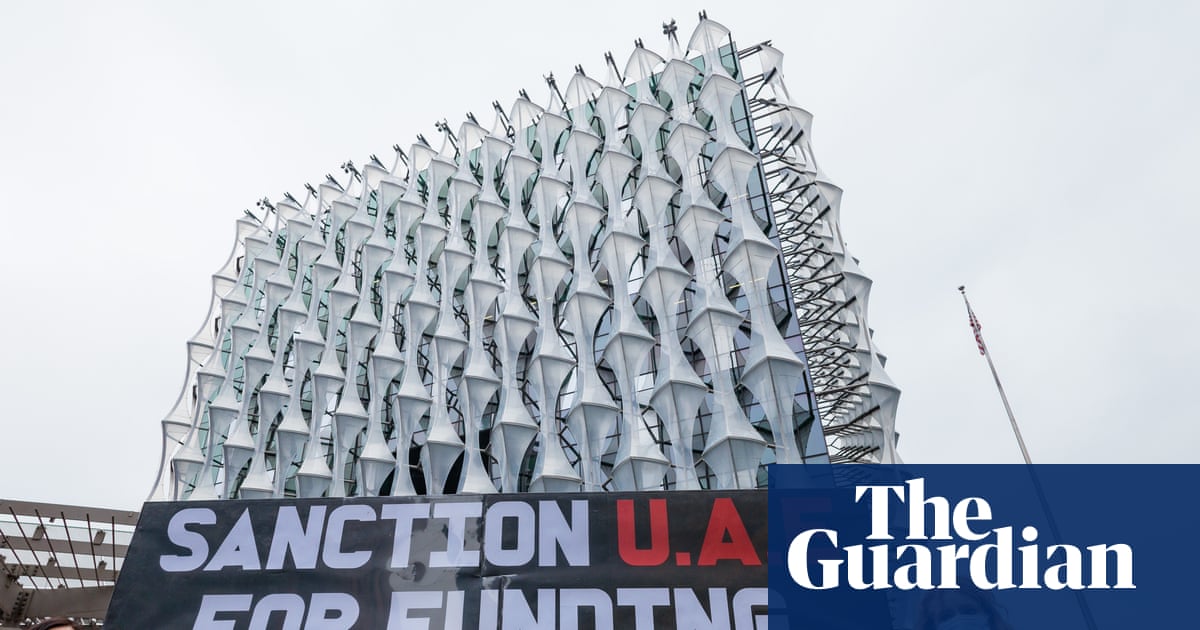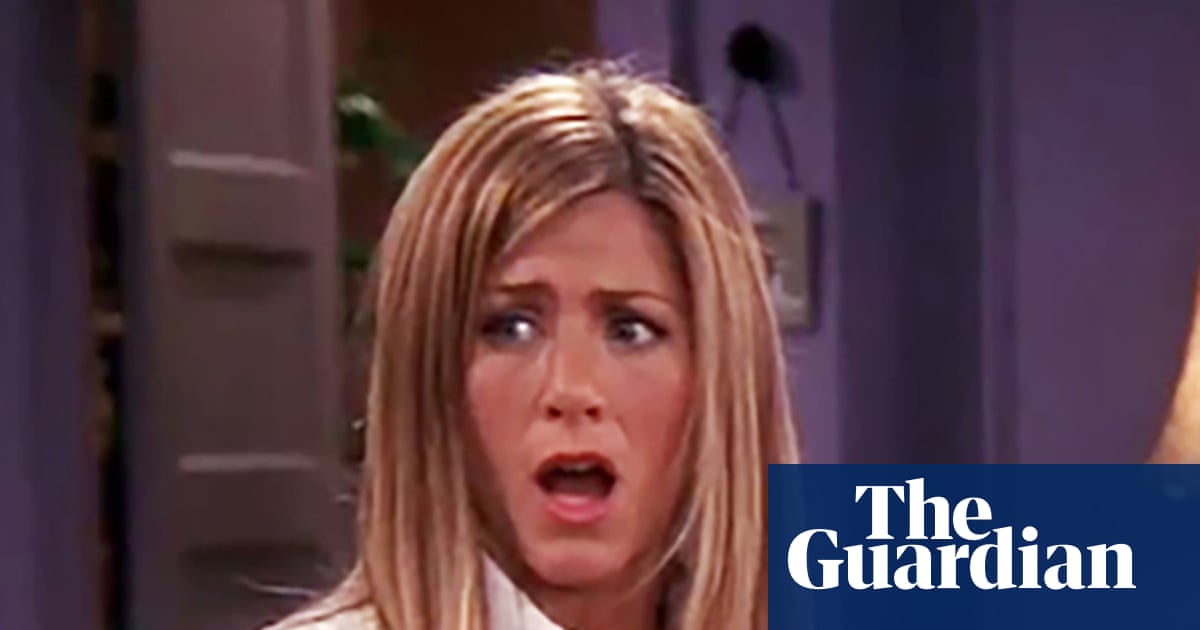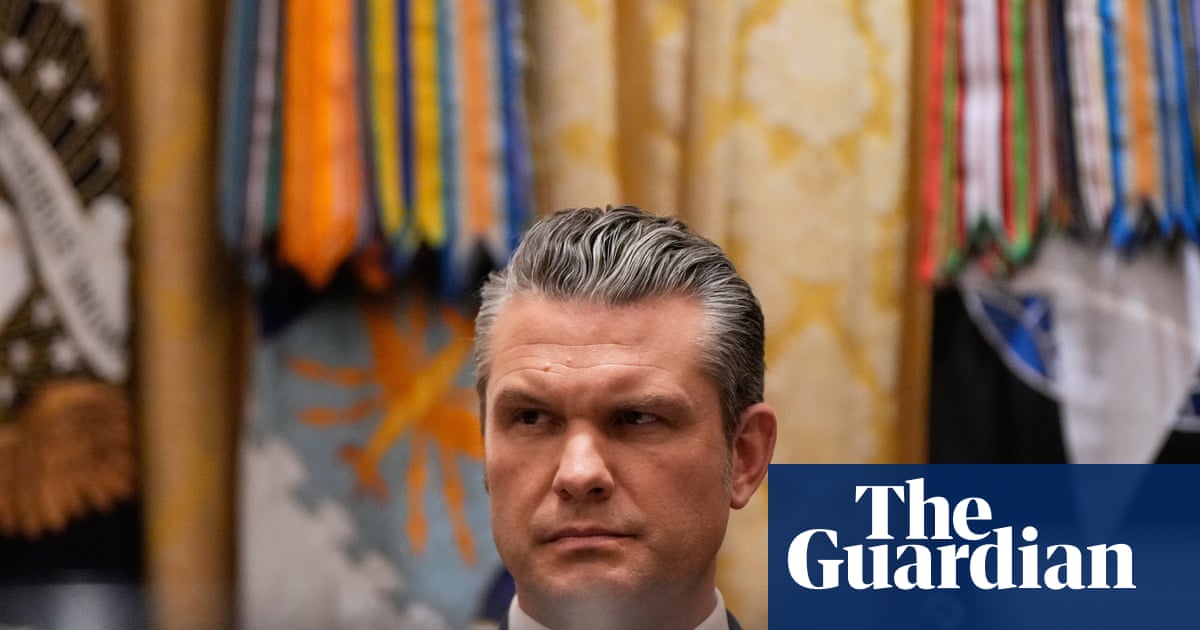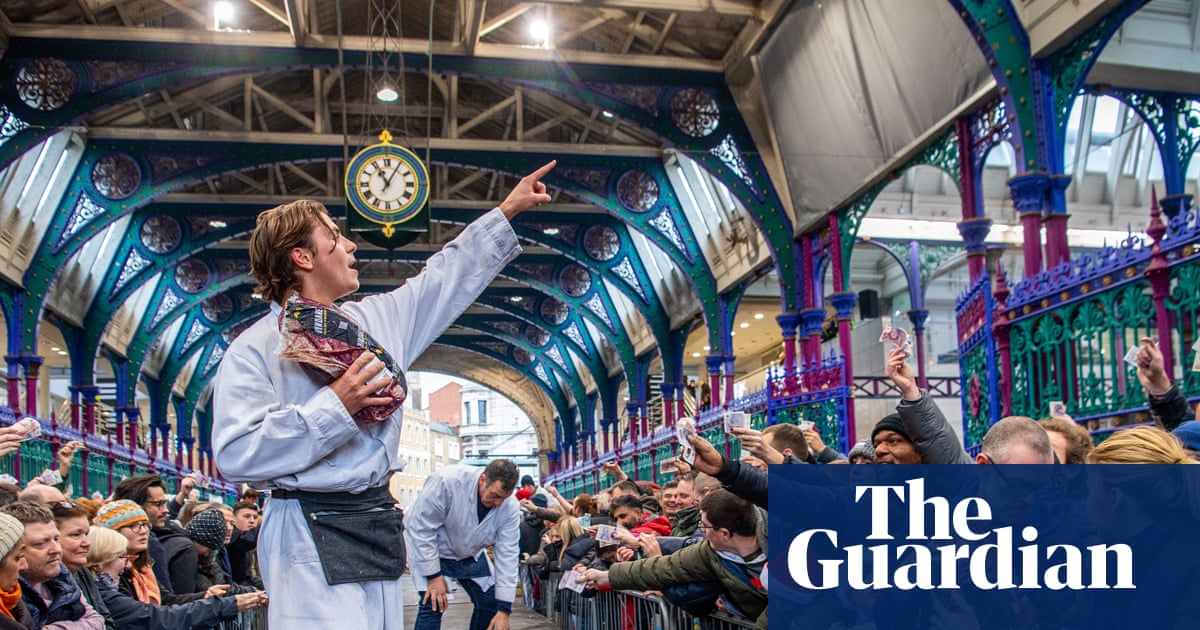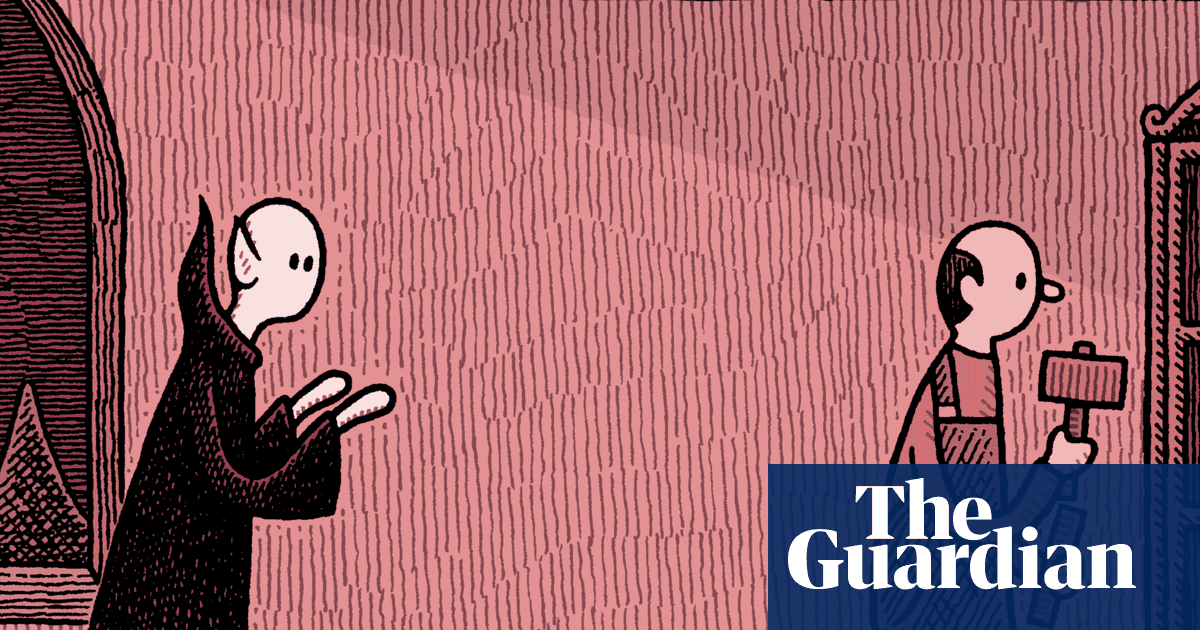Replacing a legend is difficult. Even if that legend has lingered too long, even if he has stayed beyond the scope of his powers, coming next is an almost impossible job. David Moyes could not follow Sir Alex Ferguson. Unai Emery could not follow Arsène Wenger. Brian Clough could not follow Don Revie.
When there has been a successful transition it has tended to come from within. George Allison continued Herbert Chapman’s work at Arsenal. Dave Mackay took the Derby Clough had built to another league title.
But there are no guarantees, as Wilf McGuinness discovered trying to follow Matt Busby at Manchester United. Liverpool did it best, the Boot Room tradition stretching all the way from Bill Shankly through Bob Paisley and Joe Fagan to Kenny Dalglish.
Modern football makes such continuity extremely difficult and, unless Liverpool had decided Pep Lijnders was the man – and given his stint at Red Bull Salzburg, no one is suggesting he was – there was no obvious internal candidate to step in when Jürgen Klopp departed.
How, then, could a measure of continuity be achieved? By barely changing the squad at all. The only arrival in the summer of 2024 was Federico Chiesa, who ended up playing only 108 minutes of Premier League football. (The world was very different in 1974, with transfers less frequent and no window closing at the end of August but it’s notable that as Paisley replaced Shankly, Larry Lloyd was sold and Ray Kennedy signed in the summer, with Phil Neal and Terry McDermott arriving in the autumn; it wasn’t the half-dozen signings of modern windows but that represents significant new blood).
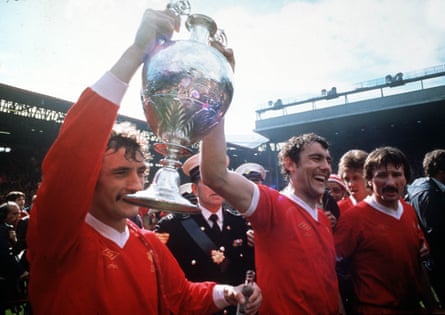
It would be untrue – and unfair – to say that Arne Slot changed nothing last year. There was a greater sense of control. They may have won only six games by three or more goals, but that does not mean they were fortunate; rather that is evidence of the way they played within themselves.
Eight matches were won 2-0 and in most of those Liverpool in effect shut the game down having achieved a two-goal advantage. That served not only to take the risk out of the game but also to preserve energy, which may be a reason Liverpool were so relatively unafflicted by injuries.
But even allowing for the way he got the best out of Ryan Gravenberch and coaxed another great season from Mohamed Salah, this was a minor evolution. Where Slot really impressed was in the way his half-time tweaks regularly improved performance, something that began on the opening weekend at Ipswich and carried on throughout the season. Slot may have been at the wheel, but it was still essentially a Klopp car he was driving.
Parts, eventually, need replacing. Rivals are upgrading constantly. Development is essential; to stand still, as Peter Reid memorably put it, is to move backwards. There had to be change, and it came this summer. It’s not clear Liverpool specifically planned it this way, but the protocol is sensible. Let the new manager settle, assess his capacities, allow him to build political capital before he starts affecting major change. Debate now focuses on the effectiveness of the revolution rather than on the new manager.
Which is how Liverpool are in the position they are, undergoing major transition in Slot’s second season. In part the scale of that has been conditioned by the death of Diogo Jota, whose loss, inevitably, continues to affect players. But significant changes would have been necessary anyway. There was some scepticism last season when Jamie Carragher suggested Liverpool needed half a dozen new players, but they did bring in six as well as the 18-year-old central defender Giovanni Leoni, who would probably have been involved had he not torn an anterior cruciate ligament.
Modern football being what it is, there has been scepticism about the scale of the challenge facing Liverpool this season: is this really a transitional season? To which the only answer is, yes, clearly. Arsenal, it’s true, have added seven senior players but, while Viktor Gyökeres answered a longstanding need for a centre-forward and Eberechi Eze is an obvious upgrade on the left, the function of most of the arrivals has been to strength the squad.
Arsenal’s style remains essentially the same as it was last season. Players have been bought to fit into a pre-existing system.
after newsletter promotion
Slot, meanwhile, appears to be in the process of making radical changes to how Liverpool play. The template is no longer 4-3-3, even if the 4-2-3-1 of the opening weeks of the season has been, perhaps temporarily, abandoned. The obvious conundrum is Florian Wirtz, who has produced stats so contradictory that it’s possible to make almost any argument about his start to life in the Premier League.
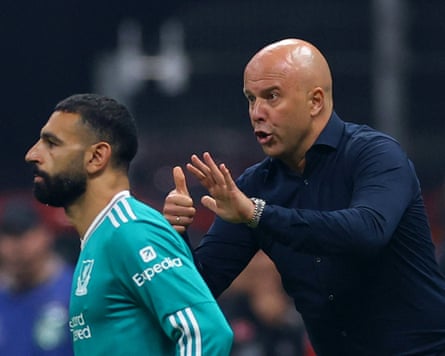
Although he is yet to register either a goal or an assist, he stands alongside Jack Grealish at the top of the list of chances created. He has been neither brilliant nor terrible, and is perhaps still adjusting to the intensity of the Premier League. But more significantly, although he has spent some time on the left this season, it seems almost certain Wirtz was bought to play through the middle, behind a central striker.
It’s hard to understand how that could work with the wide forwards Liverpool have at present, at least without a much more defensive back six, and the development of the sort of “broken team” that was common in Serie A in the 90s, which would seem to go against the entire recent evolution of the sport toward universality.
That perhaps glances ahead to a future without Mohamed Salah – and it’s telling Liverpool have been linked with the far more dynamic Antoine Semenyo – but may also indicate further change to come. With Feyenoord, Slot opted to play a 4-2-3-1, but his wide forwards – players such as Yankuba Minteh, Igor Paixão and Luka Ivanusec – were far more dynamic than Salah currently is, so the formation could appear more of a 4-4-1-1.
A change like that will take time and probably another window or two of significant activity. It may be necessary but it is a gamble; it is at least, though, one that Slot is making as a Premier League champion rather than a new arrival.

.png) 1 month ago
40
1 month ago
40
